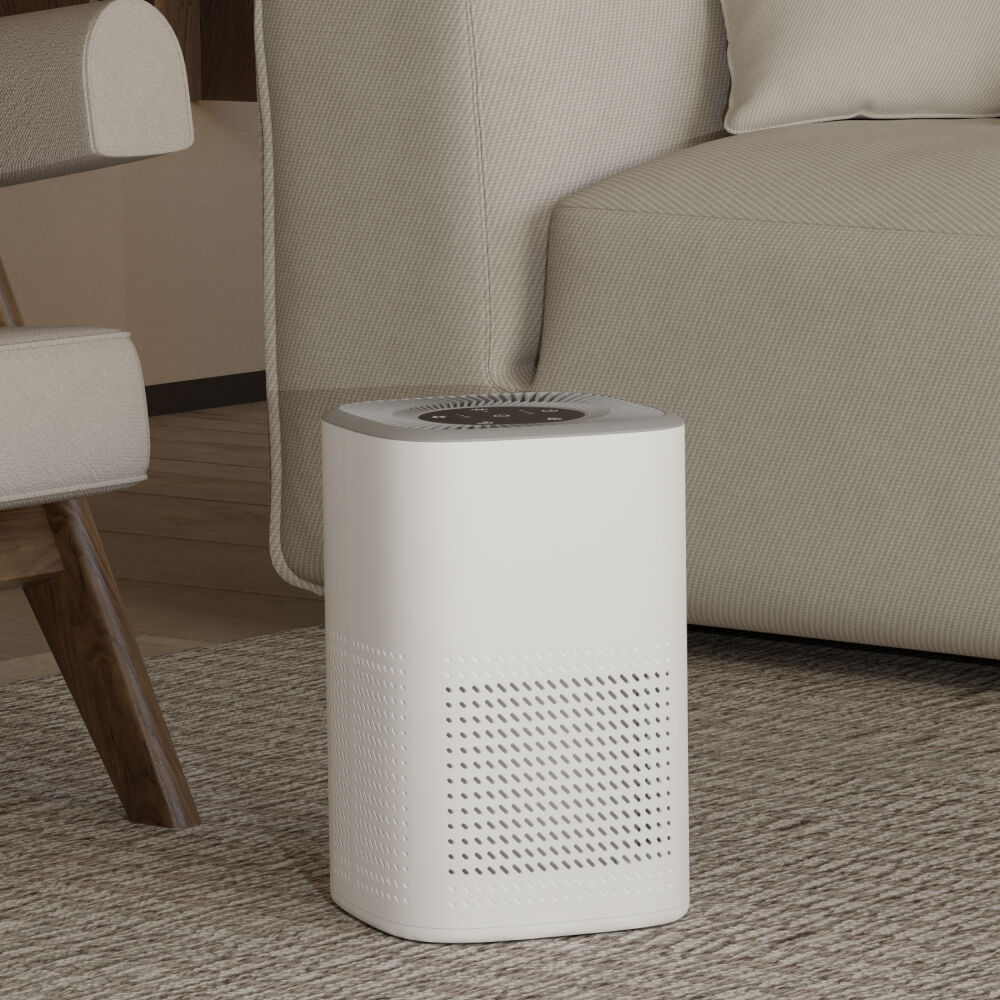How Energy Efficient Are Modern Air Purifiers
Balancing clean air with responsible energy use
Air Purifiers have become essential household and office appliances as concerns over indoor air quality continue to grow. They capture dust, pollen, smoke, and other airborne pollutants, providing healthier living environments. However, with energy costs rising globally and sustainability becoming a priority, many people want to know just how energy efficient modern Air Purifiers are. The design of newer models focuses not only on purifying air effectively but also on reducing power consumption. Understanding how efficiency is achieved and maintained helps users choose Air Purifiers that deliver maximum benefits with minimal environmental impact.

Importance of energy efficiency in Air Purifiers
Impact on electricity consumption
The continuous operation of Air Purifiers can add to household electricity bills if the devices are not energy efficient. Choosing a model that consumes less power while still delivering high performance ensures that clean air does not come at the cost of excessive energy use.
Environmental responsibility
Energy-efficient Air Purifiers reduce carbon emissions by using less electricity. This makes them a responsible choice for environmentally conscious households and businesses seeking sustainable solutions.
Key technologies improving efficiency
Advanced filtration systems
Modern Air Purifiers use multi-stage filtration with HEPA filters and activated carbon layers designed to maximize purification without requiring excessive power. These filters are engineered to balance airflow and efficiency, ensuring cleaner air with lower energy demand.
Smart sensors and automation
Many Air Purifiers are equipped with sensors that monitor indoor air quality. The unit automatically adjusts fan speed, operating at higher power only when needed. This automation reduces unnecessary energy use while maintaining consistent air quality.
Factors affecting the efficiency of Air Purifiers
Room size compatibility
Air Purifiers are designed for specific room sizes. Using an undersized device in a large room forces it to run at higher settings, consuming more energy. Matching the right model to the room ensures both efficiency and effectiveness.
Filter maintenance
Clogged filters reduce airflow and force Air Purifiers to consume more energy. Regular cleaning and replacement maintain efficiency and help the unit operate at optimal performance levels.
Comparing energy consumption across models
Portable versus full-size units
Smaller portable Air Purifiers generally consume less energy, but they may not cover large spaces effectively. Larger models are more powerful but can be designed to remain energy efficient with advanced motors and smart control features.
Energy Star certification
Many modern Air Purifiers are Energy Star certified, indicating that they meet strict efficiency guidelines. This certification helps consumers identify models that balance purification with energy savings.
Benefits of using energy-efficient Air Purifiers
Reduced long-term costs
Energy-efficient Air Purifiers lower monthly electricity expenses, making them cost-effective over the long term. Investing in such devices results in savings without compromising clean air.
Consistent performance with less waste
Efficient Air Purifiers are designed to operate reliably while minimizing energy waste. This balance ensures continuous health benefits and lower operational costs.
Practical tips for maximizing Air Purifier efficiency
Choosing the right settings
Running an Air Purifier on high speed continuously is unnecessary in most situations. Using automatic or eco modes helps maintain clean air while saving energy.
Proper room placement
Placing Air Purifiers in open areas away from obstructions improves airflow and reduces the need for higher fan speeds, improving overall efficiency.
Advances in sustainable Air Purifier design
Eco-friendly materials
Some Air Purifiers incorporate sustainable and recyclable materials in their construction, aligning with broader environmental goals while maintaining performance.
Low-noise, low-energy motors
The latest motor designs reduce both power consumption and noise levels, making Air Purifiers more efficient and user-friendly.
Long-term impact of efficient Air Purifiers
Health and wellness benefits
Using Air Purifiers that are energy efficient ensures consistent air quality, which supports respiratory health, reduces allergy symptoms, and improves overall well-being without excessive energy consumption.
Contribution to sustainable living
Every household adopting energy-efficient Air Purifiers contributes to larger environmental goals by lowering overall electricity demand and reducing reliance on fossil fuels.
FAQ
How much electricity do Air Purifiers typically use
Most Air Purifiers consume between 20 to 100 watts depending on size, design, and fan speed, with energy-efficient models using significantly less.
Are Energy Star certified Air Purifiers worth it
Yes, Energy Star certified Air Purifiers are tested to meet strict energy efficiency guidelines, helping users save money while maintaining air quality.
Can running Air Purifiers all day waste energy
Modern Air Purifiers with smart sensors and eco modes adjust usage automatically, making continuous operation efficient and practical in most homes.
Do larger Air Purifiers always consume more energy
Not necessarily. Advanced larger models are designed to handle bigger rooms efficiently and often use less energy per square foot compared to smaller units used in oversized spaces.
Table of Contents
- Balancing clean air with responsible energy use
- Importance of energy efficiency in Air Purifiers
- Key technologies improving efficiency
- Factors affecting the efficiency of Air Purifiers
- Comparing energy consumption across models
- Benefits of using energy-efficient Air Purifiers
- Practical tips for maximizing Air Purifier efficiency
- Advances in sustainable Air Purifier design
- Long-term impact of efficient Air Purifiers
- FAQ

 EN
EN
 AR
AR
 NL
NL
 FR
FR
 DE
DE
 EL
EL
 HI
HI
 IT
IT
 JA
JA
 KO
KO
 PL
PL
 PT
PT
 ES
ES
 ID
ID
 VI
VI
 TH
TH
 TR
TR
 MS
MS
